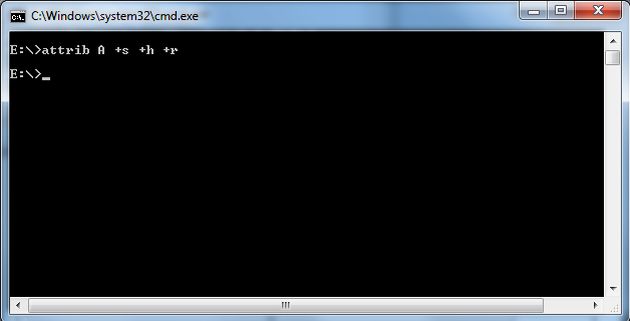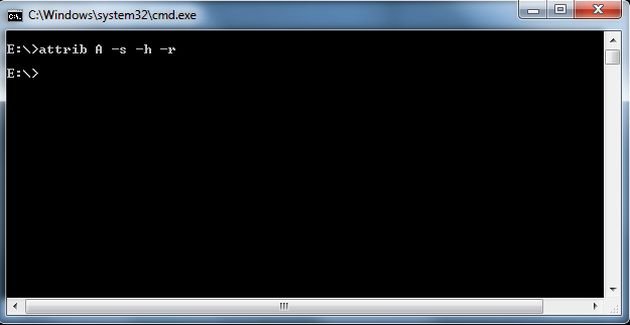Attrib in windows and its uses
The attrib command is a Windows command prompt command. The main purpose of this command is to remove and set file attributes (hidden, read-only, system and archive). The attributes provide security to software programs. It displays, sets or removes the read-only, hidden and archive file attributes assigned for a file or directory
These are the four attributes in windows
Hidden
It makes documents or envelopes undetectable to the client to accommodate security of the records or organizers.
Read-only
It gives the read only attribute to the record, at the end of the day nobody can erase or roll out improvements to that particular document that has the perused quality.
Archived
Gives a backup of a record/file. Thus helps in recouping/restoring documents.
System
Mark the file as an important system file, hence change the priority of the file.
The most effective method to cover up or unhide files and folders
The primary favorable position of concealing utilizing the attrib command is that when we tap on the show hidden files/documents option in Windows then the record or document isn't revealed or shown.
For concealing documents and files we have to utilize a system. In the accompanying situation I initially made another organizer to demonstrate to cover up or unhide a file.
Choose the destination folder that you want to hide or unhide. I created a new folder (A) in my E: drive.
Step 1
Open the command prompt.
To open the command shell 1, press Window+r and type "cmd" then press Enter or select from the startup menu.

{.2}
Now go to the drive where your folder is stored in the drive. Let's use my new folder (A) stored in the E: drive then I type:
E:
Then press Enter as in the following,

Step 3
Now to hide the folder we need to type in the following command:
E:(drive_name where your folder exist) attrib folder_name +s +h +r
just like this
Presently you see the upside of this command. Open your drive and watch that your goal organizer won't be there since it is currently covered up.
Concealing utilizing this command will give you the additional favorable position that they aren't noticeable when you demonstrate your shrouded organizer through - "Organize" -> "Folder and search" -> "view" -> "show hidden files and folders".

Stage 4
Presently type in the accompanying command to unhide the file:
E:(drive_name where your file exist) attrib folder_name - s - h - r
As in the accompanying,.

interesting post